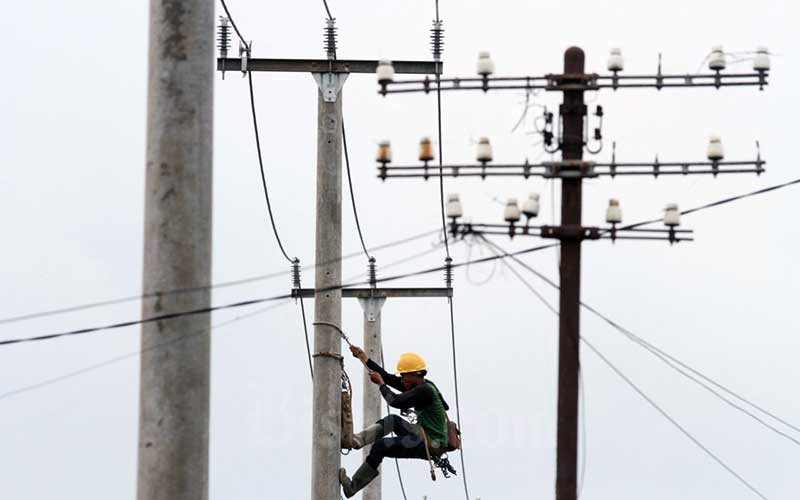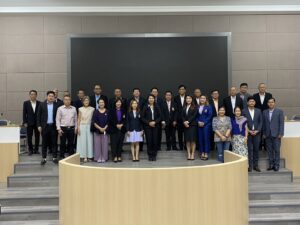[ad_1]
THE new tripartite guidelines on flexible work arrangement (FWA) requests are not meant to prescribe blanket outcomes for employers, or influence how and where they hire their workforce from, said the Singapore National Employers Federation (SNEF) on Tuesday (Apr 23).
“The tripartite guidelines do not mandate the type of FWA outcome, or prescribe any particular form of FWA to businesses,” stressed SNEF honorary secretary Edwin Ng.
He was speaking to the media at an interview organised by the Ministry of Manpower to address ground concerns and misconceptions about the new guidelines, which were launched last Monday (Apr 15) by a tripartite workgroup.
Also present at the media interview were Minister of State for Manpower Gan Siow Huang; SNEF executive director Sim Gim Guan; and president of the Association of Small and Medium Enterprises (ASME) Ang Yuit.
The tripartite guidelines on FWA – which are mandatory – require employers to establish a formal process for employees to request FWAs from Dec 1, 2024.
These guidelines apply to flexi-place arrangements, such as work-from-home or telecommuting; flexi-time arrangements, such as staggered work hours; and flexi-load arrangements, such as part-time work.
GET BT IN YOUR INBOX DAILY

Start and end each day with the latest news stories and analyses delivered straight to your inbox.
But employers are not obliged to accede to all FWA requests “due to practical reasons and constraints”, said SNEF in a media statement.
It added that not all roles and jobs are suitable for all forms of FWAs, and that FWAs “must not negatively impact the company, team and individual’s productivity and service quality”.
Ng noted that the launch of the guidelines had “stirred up a lot of strong reactions” from employers.
For instance, some businesses had the misconception that the guidelines enforced a four-day work week or a work-from-home policy for all employees – both of which are untrue, he said.
The guidelines do not mandate that employers implement company-wide FWAs or have FWA policies. Instead, employers should see them as a tool to facilitate discussions on FWA requests, meant to “set a process to help (them) develop a more conducive and harmonious workplace culture”, said Ng.
Not only do these guidelines support employers in balancing their business outcomes and employee job satisfaction, they also help employees balance their work aspirations and personal responsibilities, he added – though they ultimately “must make business sense” for employers.
Such guidelines are especially useful for employers who currently do not have FWAs or lack a process for managing such requests, said Gan. Meanwhile, employers with existing FWAs – whether informal or formal – that have worked well for them and their employees should continue with such practices.
In addition, the tripartite guidelines “are not meant to prescribe how companies hire”, said Ng. He was responding to concerns from locals that more companies might look to hire overseas, as they become more accustomed to managing teams remotely.
He noted that many companies, especially multinationals, have a global workforce – the composition of which is decided “based on the skills they need, the geographies they operate in, and how the business evolves”.
“The tripartite guidelines are not intended to influence business decisions on how (companies) hire and where they hire,” he said.
“We prefer to let businesses decide what’s best for, and what works for, their business.”
SNEF said it will be organising a series of training workshops and clinics for employers on FWAs. It will also be providing companies, especially those that currently do not practise FWAs, with resources and a playbook.
[ad_2]
Source link




